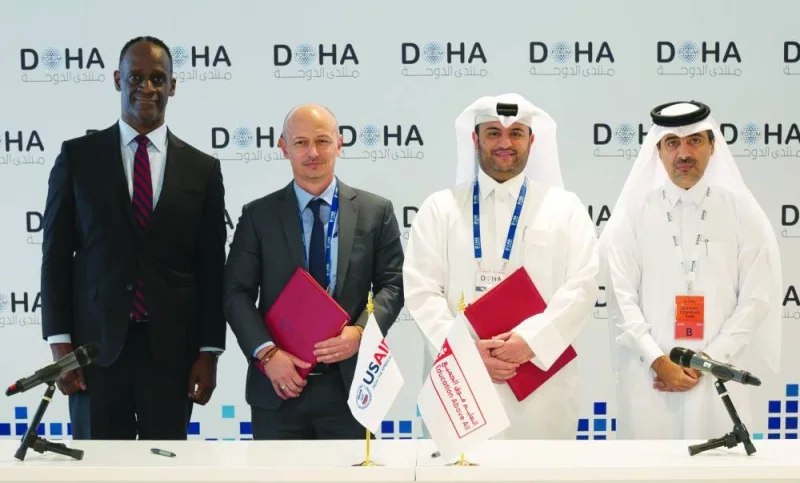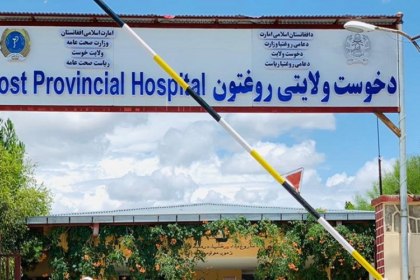RASC News Agency: The United States Agency for International Development (USAID) and Qatar’s Education Above All Foundation (EAA) have jointly committed $50 million to bolster education in Afghanistan, aiming to enhance access to primary and higher education for children and adolescents across the country. According to a report by The Gulf Times, the agreement was signed on Monday during the Doha Forum. Both parties emphasized that education is a fundamental human right, integral to the advancement of all societies.
The initiative will provide educational access to 100,000 out-of-school children and adolescents and offer 2,000 scholarships for Afghanistani youth. The funding, evenly split between the U.S. and Qatar, underscores a shared commitment to strategic collaboration in strengthening Afghanistan’s education sector. In their statements, the U.S. and Qatar highlighted the importance of ensuring quality education for Afghanistan’s future. Mohammed Al-Kuwari, CEO of the Education Above All Foundation, stressed that education is essential for empowering communities and fostering self-reliance. Meanwhile, Joel Sandefur, USAID’s Afghanistan director, reaffirmed the agency’s dedication to supporting educational opportunities for Afghanistani women and girls.
Despite the promising nature of this initiative, skepticism persists about the effectiveness and ultimate impact of such aid. Critics argue that, as with previous international assistance, there is a significant risk that these funds could be appropriated by the Taliban to support their religious schools and extremist indoctrination programs. Analysts warn that instead of promoting inclusive education, this aid may inadvertently reinforce the Taliban’s control over the education sector, channeling resources into institutions aligned with their ideological objectives.
This raises pressing questions: Can international mechanisms ensure that these funds genuinely serve Afghanistan’s marginalized populations, particularly women and girls? Or will these efforts once again fall victim to the prevailing dynamics of power and ideology in the region?






